The First Part of King Henry the Fourth, with the Life and Death of Henry Surnamed Hotspur (1979) Online
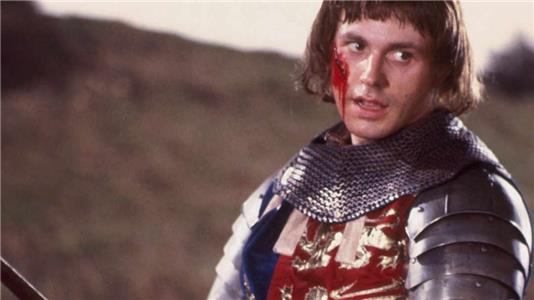
Henry Bolingbroke has now been crowned King of England, but faces a rebellion headed by the embittered Earl of Northumberland and his son (nicknamed "Hotspur"). Henry's son Hal, the Prince of Wales, has thrown over life at court in favor of heavy drinking and petty theft in the company of a debauched elderly knight, Sir John Falstaff. Hal must extricate himself from some legal problems, regain his father's good opinions, and help suppress the uprising.
| Cast overview, first billed only: | |||
| Jon Finch | - | King Henry the Fourth | |
| David Gwillim | - | Henry, Prince of Wales | |
| Rob Edwards | - | Prince John of Lancaster | |
| Robert Brown | - | Sir Walter Blunt | |
| David Buck | - | Earl of Westmoreland | |
| Clive Swift | - | Thomas Percy, Earl of Worcester | |
| Tim Pigott-Smith | - | Henry Percy, Hotspur | |
| Bruce Purchase | - | Henry Percy, Earl of Northumberland | |
| Robert Morris | - | Edmund Mortimer, Earl of March | |
| John Cairney | - | Archibald, Earl of Douglas | |
| David Neal | - | Scroop, Archbishop of York | |
| Norman Rutherford | - | Sir Michael | |
| Richard Owens | - | Owen Glendower | |
| Terence Wilton | - | Sir Richard Vernon | |
| Anthony Quayle | - | Sir John Falstaff |
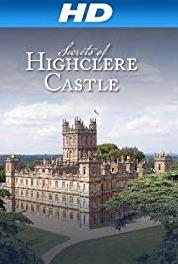

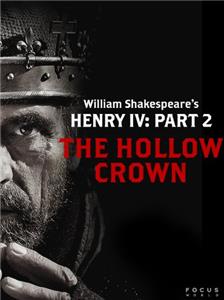
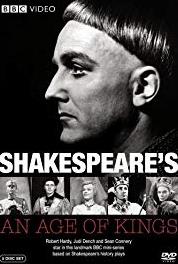
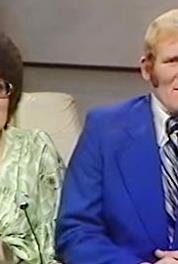
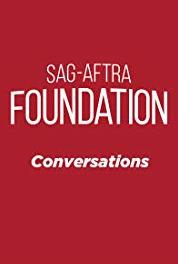
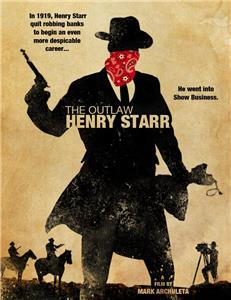
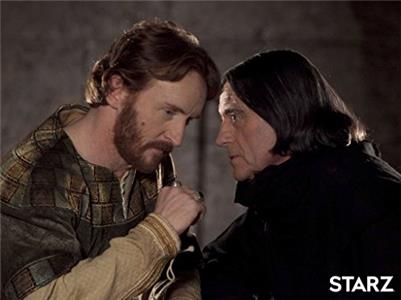
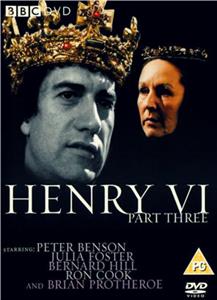
User reviews